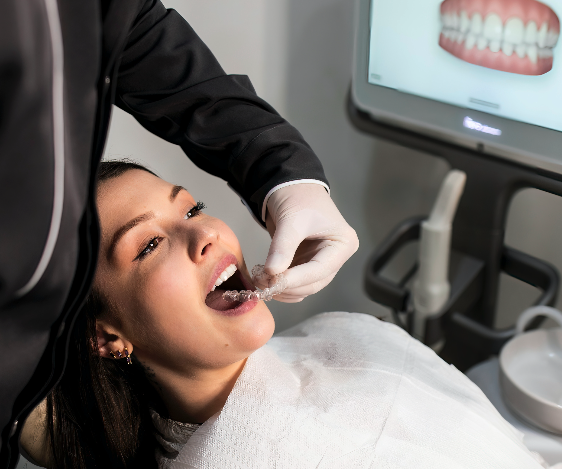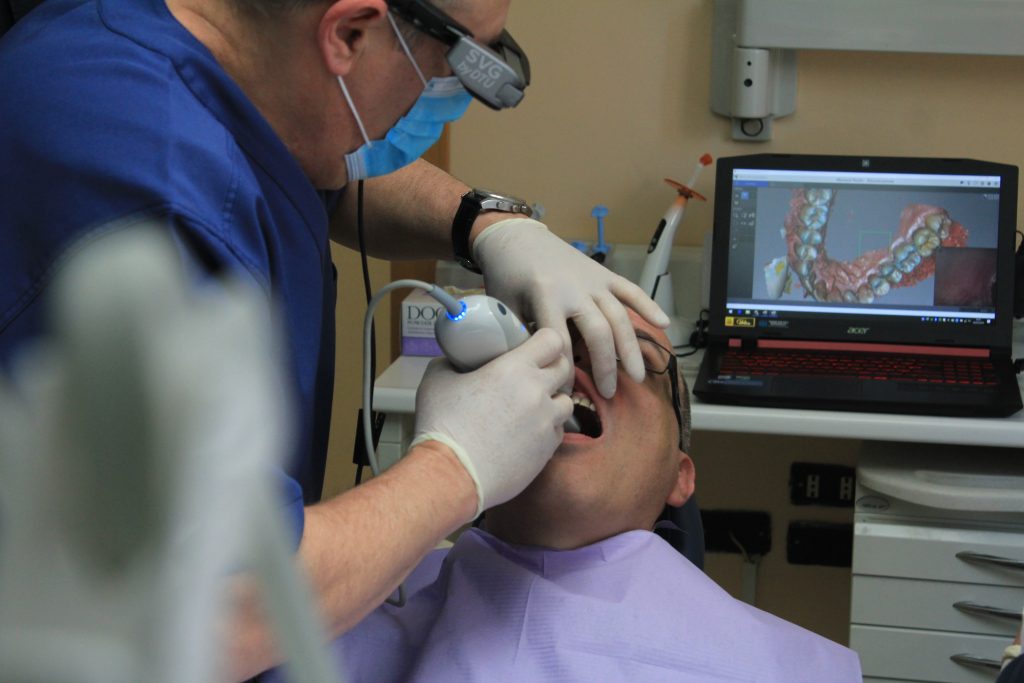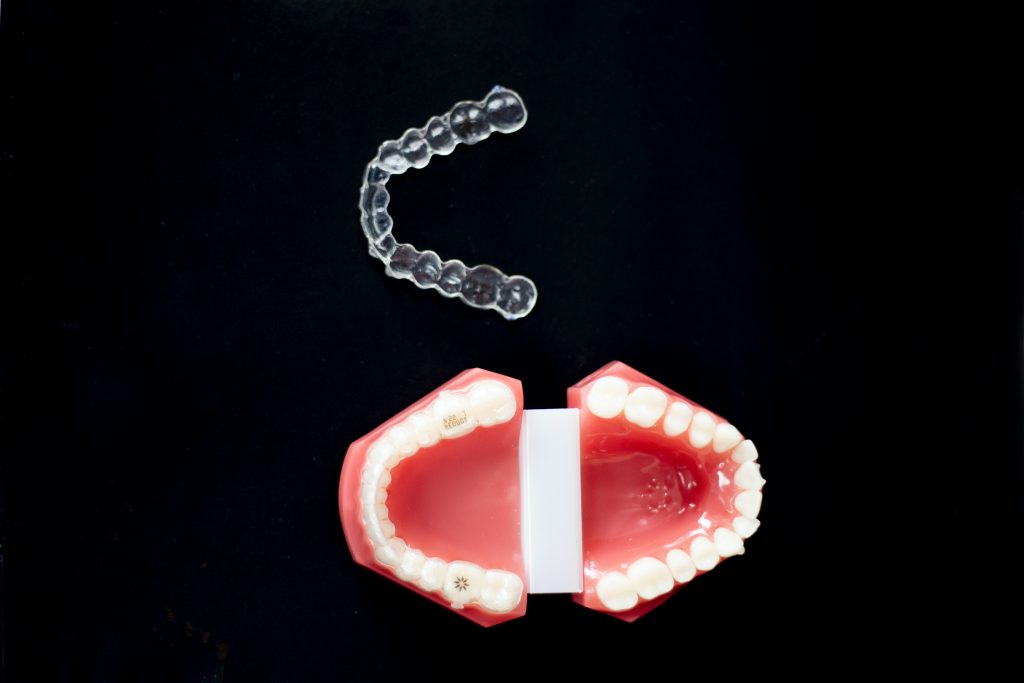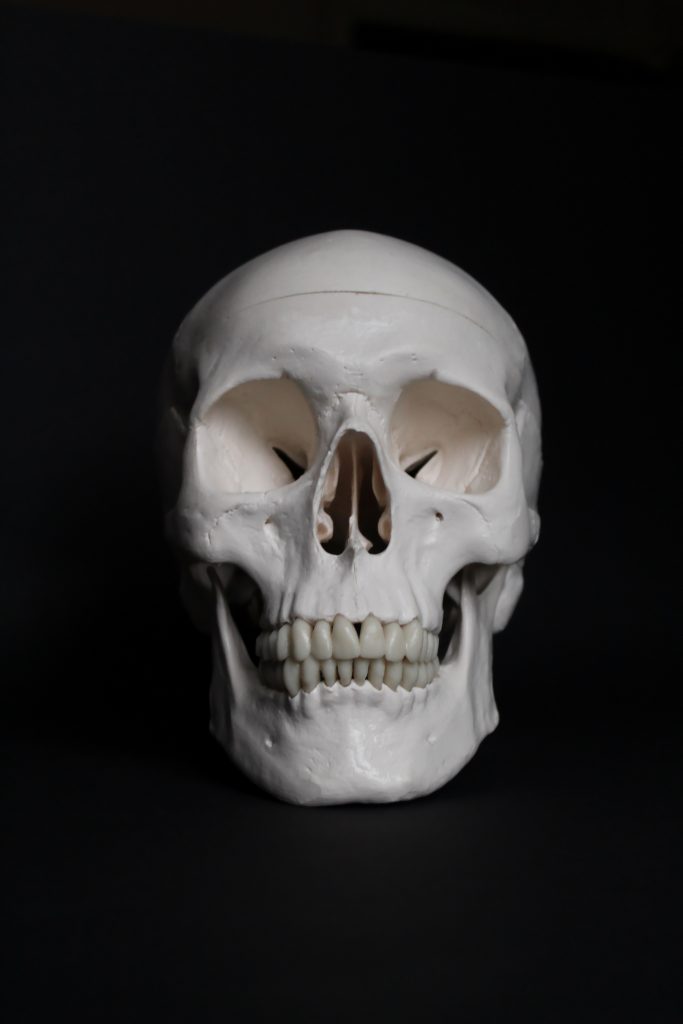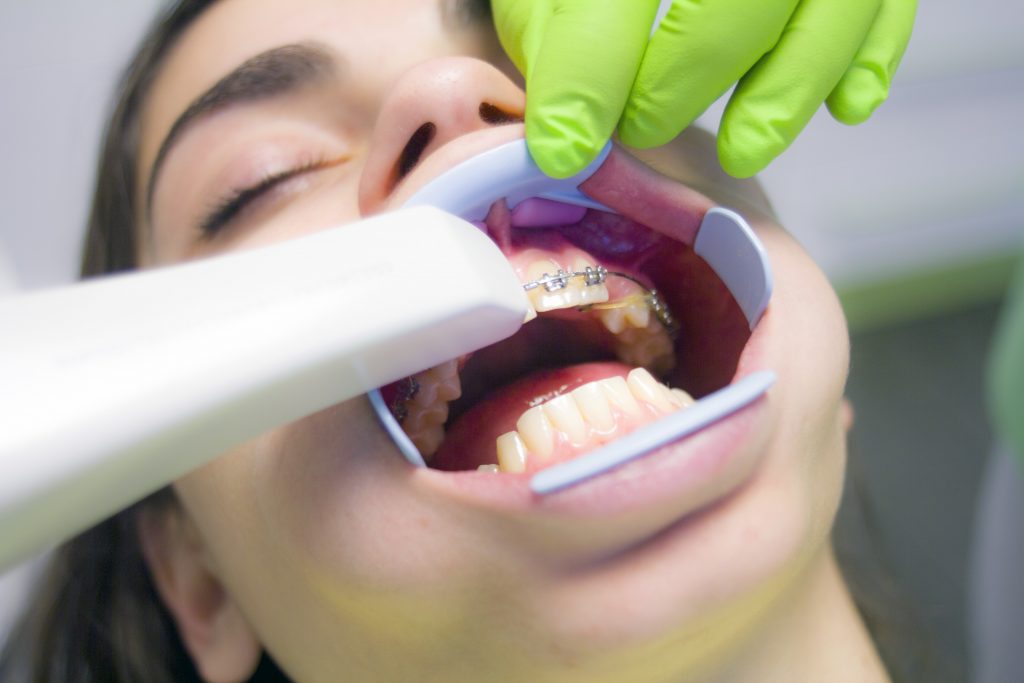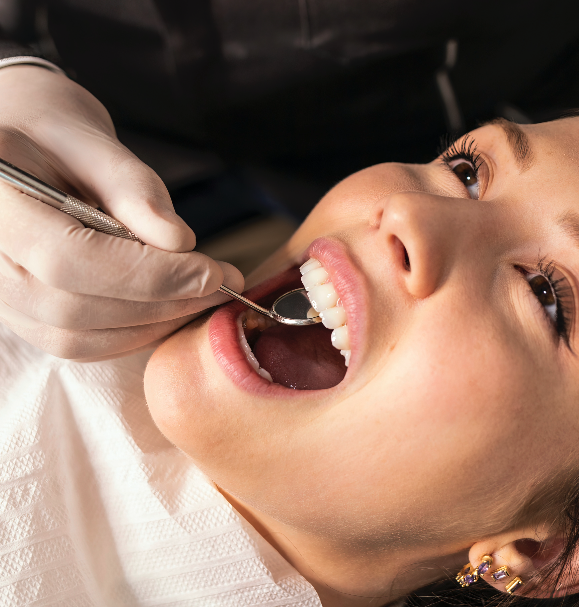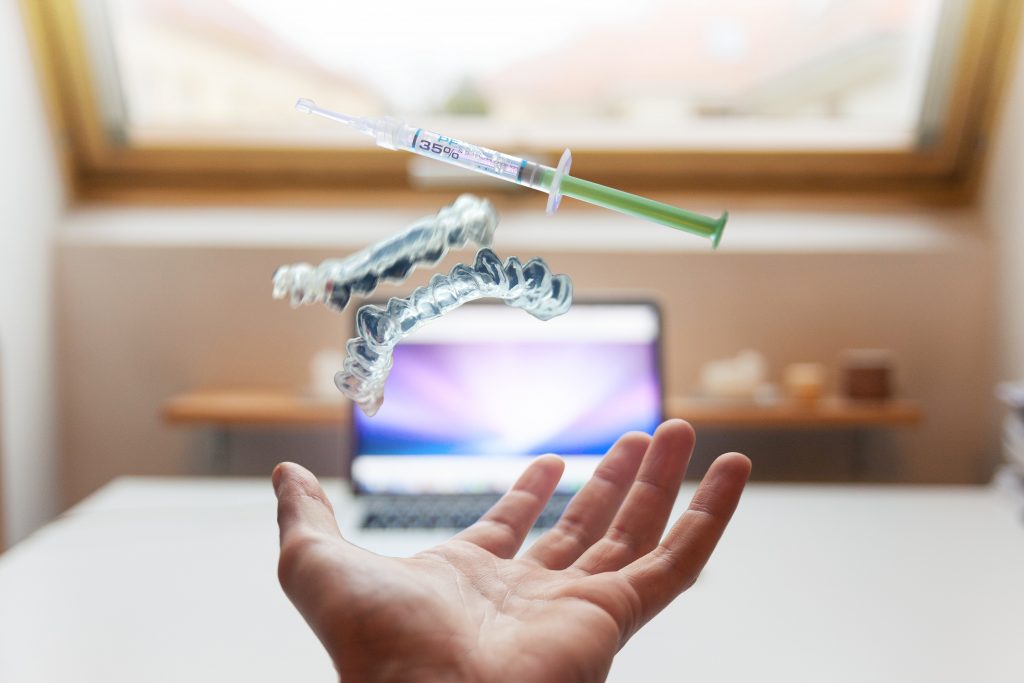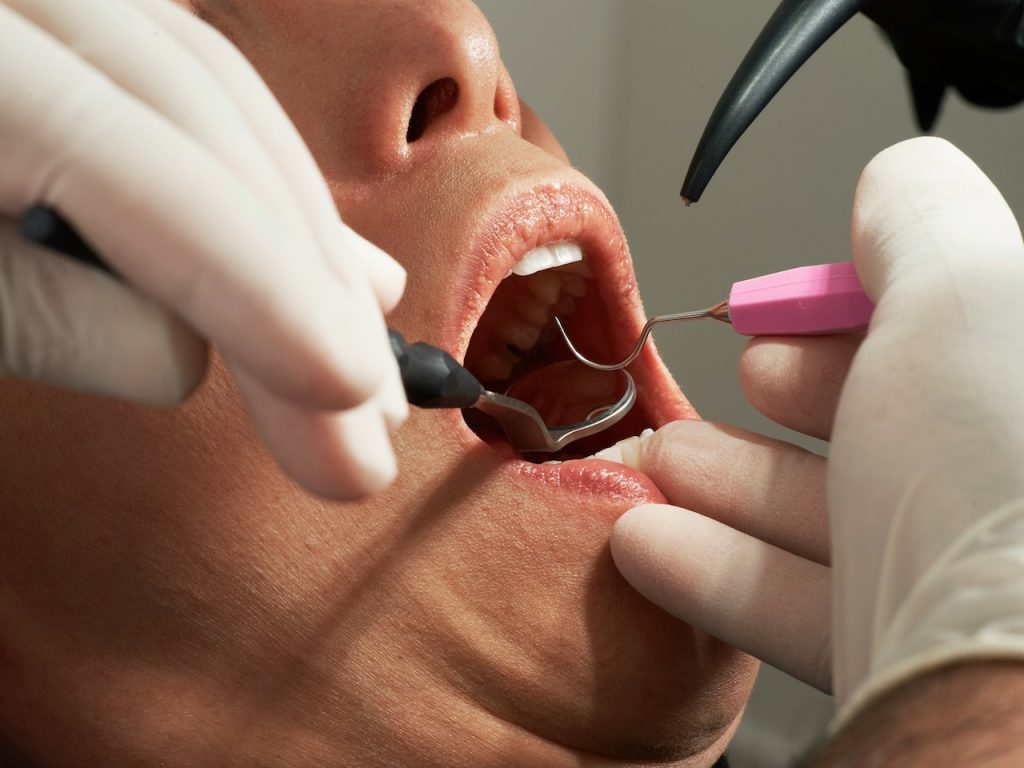
When it comes to our health, we often overlook the significant role that oral health plays in maintaining overall wellness. The mouth is not just a separate part of the body, but an integral component that reflects and influences our general health status. This blog post aims to shed light on the profound connection between oral health and overall wellness, including its impact on vital systems such as heart health and the digestive system.
The mouth is often referred to as the gateway to the body, and for good reason. Oral health problems, if left untreated, can lead to or exacerbate systemic health issues. This interconnectedness underscores the importance of maintaining good oral hygiene not just for a healthy smile, but for a healthy body as well.
1. Oral Health and Heart Disease: Research has shown a link between oral health, particularly gum disease, and heart disease. Gum disease, caused by the buildup of plaque, can lead to inflammation that may contribute to heart disease. Bacteria from infected gums can enter the bloodstream, potentially causing arterial inflammation and plaque buildup in the heart’s vessels. This increases the risk of heart attack and stroke.
2. The Oral Microbiome and Digestive Health: The health of our digestive system begins in the mouth. A balanced oral microbiome is crucial for the initial breakdown of food and the absorption of nutrients. Poor oral health can disrupt this balance, leading to issues like dysbiosis (imbalance of microbial communities) in the gut. This imbalance can contribute to various gastrointestinal disorders, including inflammatory bowel disease and irritable bowel syndrome.
3. Oral Health and Diabetes: Diabetes and oral health have a bidirectional relationship. People with diabetes are more susceptible to oral health problems like gum disease, which in turn can exacerbate diabetes by impacting blood sugar control. Managing oral health is, therefore, an essential aspect of diabetes management.
4. The Impact on Respiratory Health: Poor oral health, particularly periodontal disease, can affect respiratory health. The bacteria from the mouth can be inhaled into the lungs, potentially causing respiratory infections, pneumonia, or exacerbating existing lung conditions.
Conclusion: The connection between oral health and overall wellness is undeniable. It highlights the need for a holistic approach to healthcare, where oral health is not seen in isolation but as an integral part of our entire body’s health. Regular dental check-ups, good oral hygiene practices, and a holistic view of health can help maintain not just oral health but contribute significantly to overall physical and emotional well-being.
Contact Dr. Barreto here.



